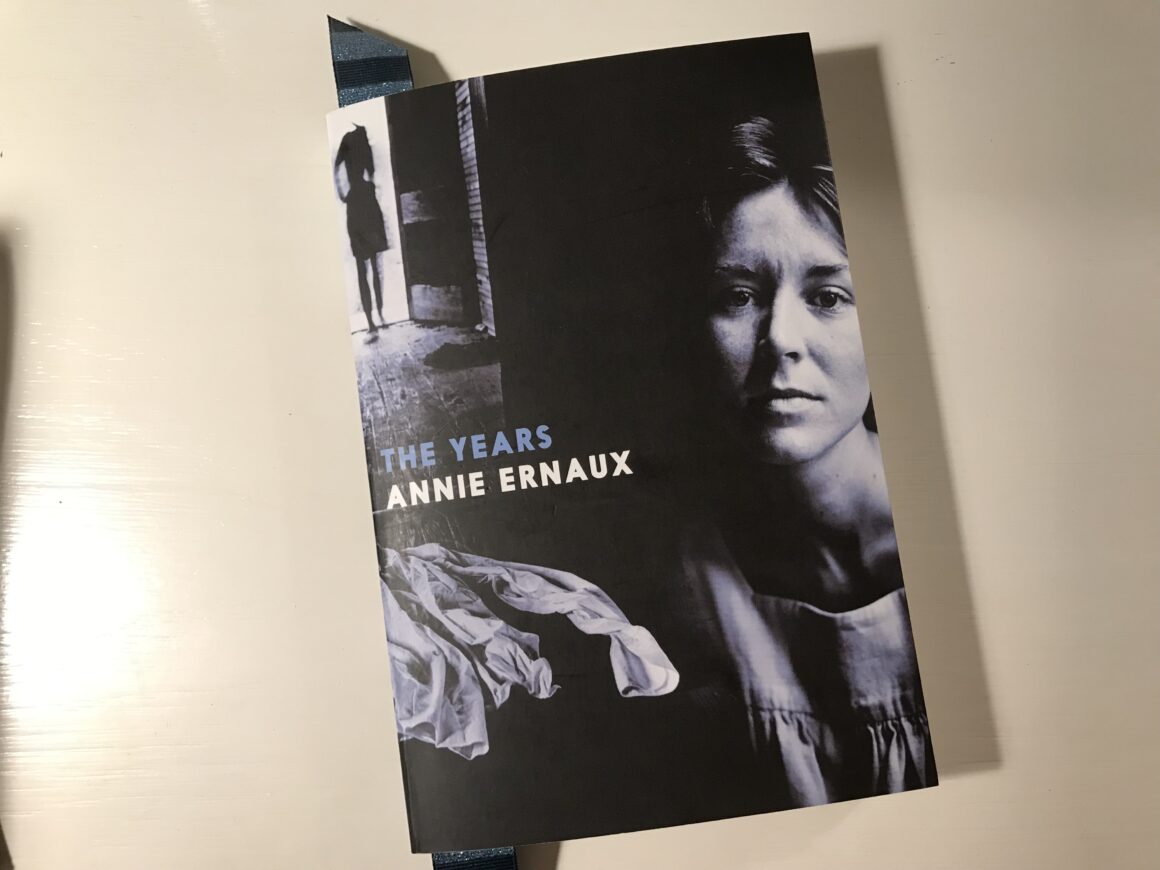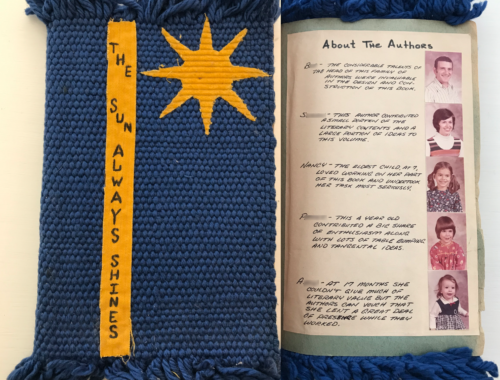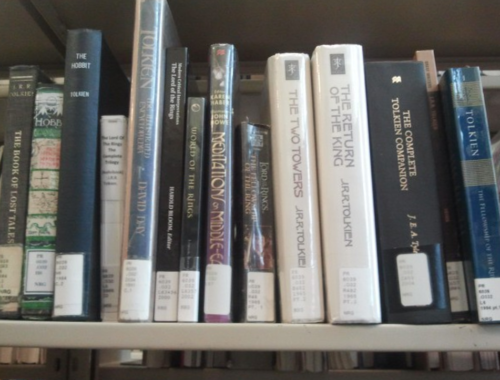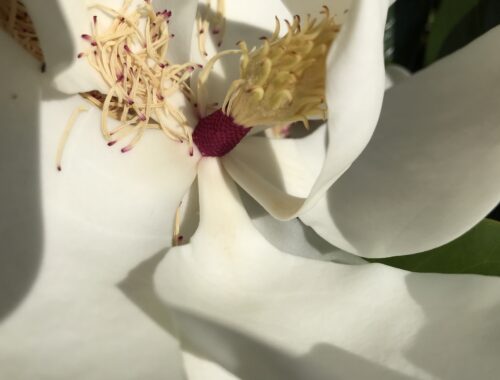
Spanning the Divides
Two people’s stories have inspired me this week because of their persisting against the odds; their expanding the possibilities for all of us; their receiving recognition for their efforts and the quality of their productivity. Their work and their attitudes toward it urge me forward in my own, as I trace the throughlines of connectivity to—while recognizing the vast differences between—them and me and our fields of inquiry and effort.
Carl Allamby, a Black American man, is a fully trained medical doctor now, at the age of 51. Hearing/reading on NPR as he answers questions about and describes his life and his journey from auto mechanic to emergency room attending physician (https://www.npr.org/2022/10/05/1126661330/carl-allamby-mechanic-to-physician) perfectly exemplifies what Carol Dweck names a “growth mindset,” and reminds me very much of my sister Jamie’s path from McDonald’s cook to neurosurgeon, starting at community college. Although the article calls the central quality that informs Allamby’s trajectory “patience”—and certainly, he needed to take a very long view from his first biology class at the end of a delayed undergraduate degree in business and be willing to see the process through—what the article illustrates most for me is his tenacious, indomitable effort, his sheer volume and mass and years of sustained work. It can be appealing to imagine his leaping the socio-economic divide between an auto mechanic and an ER doctor as an American Dream-validating miracle, but NPR’s short story about him reveals the patterns he started when he was very young and continued as he grew into middle age: Of ambitious but humble striving from where he was at one moment to the next moment and then the next, as he relentlessly pursued his interests—the mechanics of vehicles, the details of business, the structure of the body—and next-leveled his accomplishments through exploration, education, and achievement.
Across the Atlantic Ocean from and, at 82 years old, a generation ahead of Allamby, the white Frenchwoman Annie Ernaux was awarded the Nobel Prize for Literature, her body of work recognized by the Swedish committee for its “clinical acuity with which she uncovers the roots, estrangements, and collective restraints of personal memory” (https://www.npr.org/2022/10/06/1127164755/french-writer-annie-ernaux-wins-the-2022-nobel-prize-in-literature). Last weekend, R. and I began an excavation project of my mother’s paperwork and photographs—some hers and of/about us her children and our children; some the generation before hers—and were examining what she and others had saved and curated, how we would digitize the collection, which pieces we would physically archive. R. and I were deep into processing the accumulation of memory and its markers, awash in the emotions of years lived and lives completed, from 1911 until now, thinking of the iterations of context. Then, just the day before the announcement of Ernaux’s award, I began reading her book The Years, translated into English by Alison Strayer, with Ernaux’s courageous and raw voicing of not just her story, but her offering all of us the generosity of their story, across the generations and the culture, a movement from working class through education and effort to teacher and then esteemed writer. This is what it is to be me; this is what it means to be us, she says, and our lives are validated and illuminated by her articulation.




